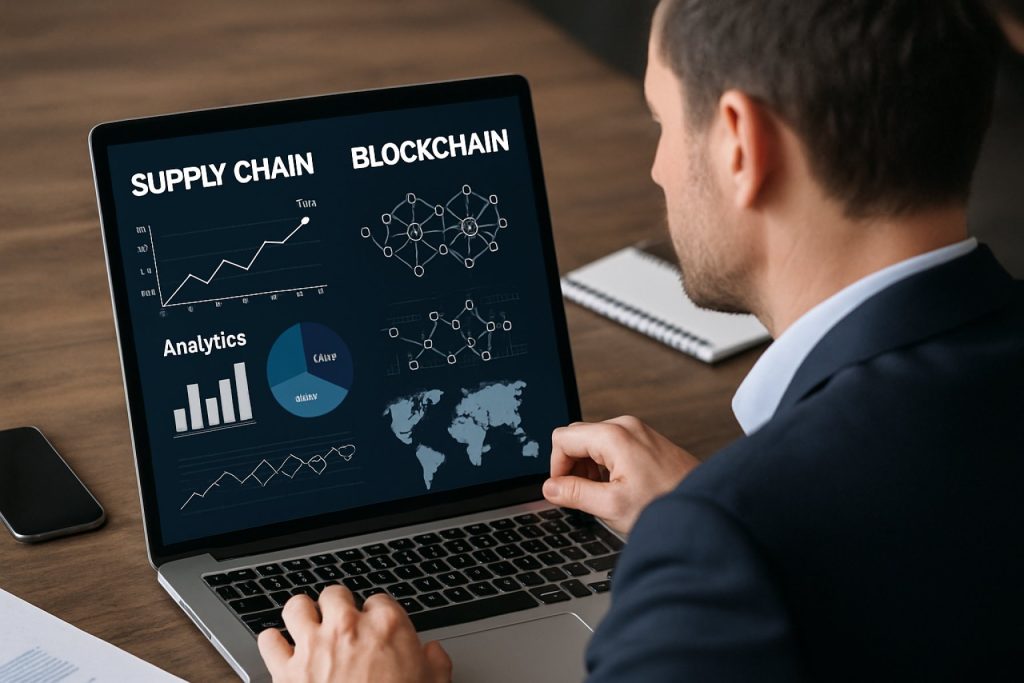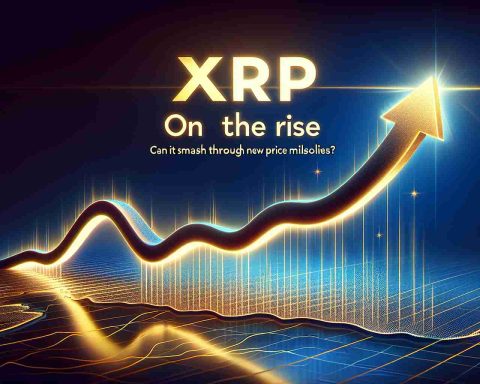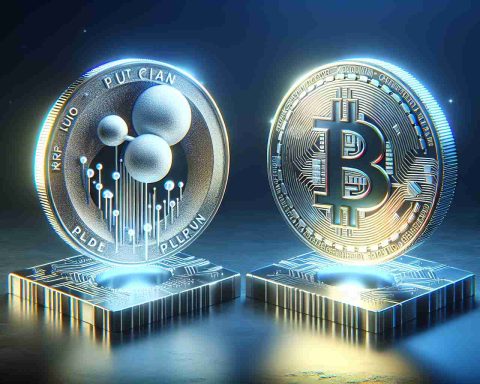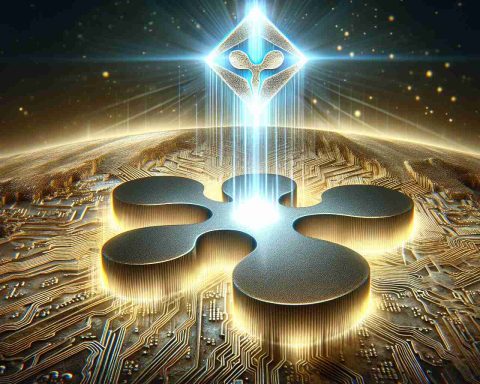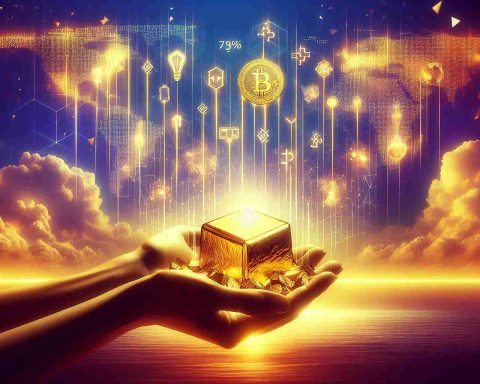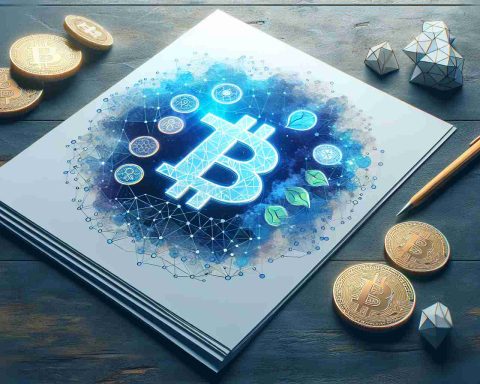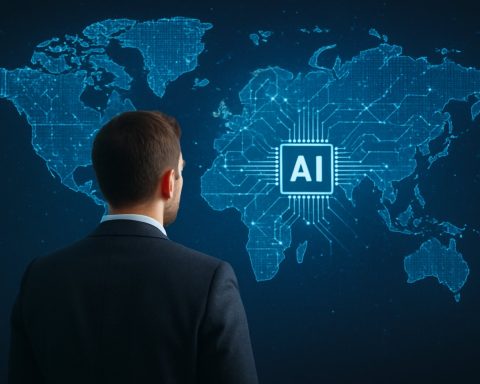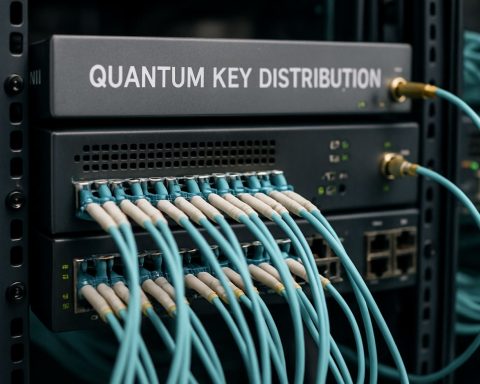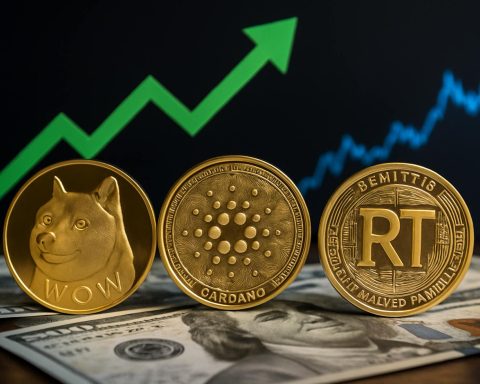Blockchain - Page 15
Blockchain is a decentralized digital ledger technology that records transactions across multiple computers in such a way that the registered transactions cannot be altered retroactively. Each transaction is grouped into a block, and these blocks are linked together in chronological order to form a chain—hence the name "blockchain". This structure ensures the integrity and security of the data, as any attempt to modify a single block would require consensus from the majority of participants in the network. Blockchain is commonly associated with cryptocurrencies like Bitcoin, but its applications extend beyond digital currencies to include supply chain management, secure voting systems, identity verification, and smart contracts, among others. The decentralized nature of blockchain enhances transparency and reduces the need for intermediaries, making it a revolutionary technology in various fields.
